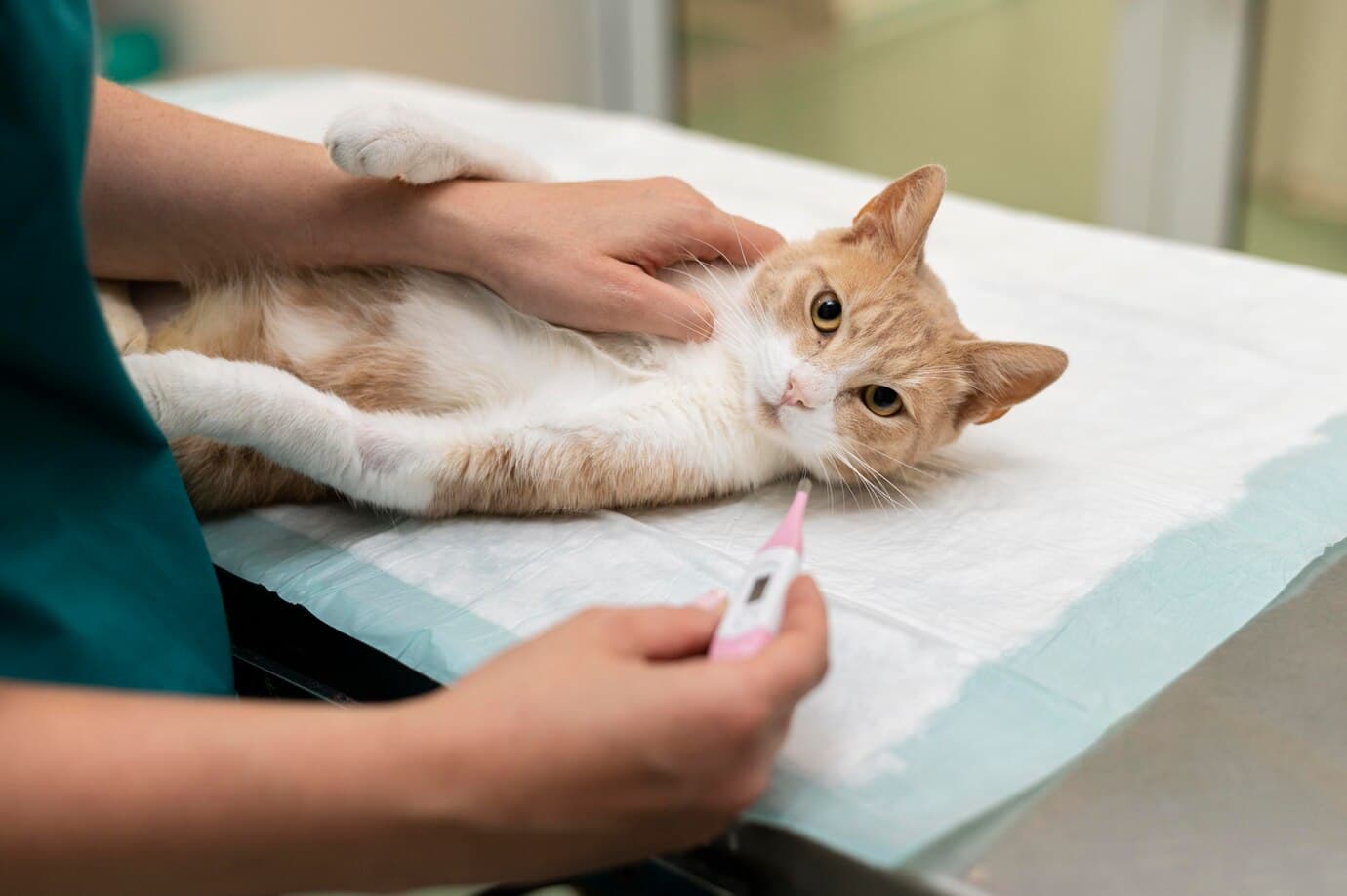Is Your Cat Sick? Top Symptoms to Watch For in Your Feline
Cats are often known for their aloof and independent nature, which can sometimes make it difficult to tell when they are not feeling well. As a responsible cat owner, it's crucial to be aware of the signs of illness so you can seek timely medical help. Here are some top symptoms to watch for in your feline friend:
1. Changes in Appetite or Drinking Habits
A sudden increase or decrease in appetite or water consumption can be a sign of various health issues, ranging from dental problems to kidney disease.
Example:
- Decreased appetite: Your cat is ignoring their favorite food.
- Increased thirst: Your cat visits their water bowl more frequently than usual.
2. Unusual Lethargy
While cats do enjoy their sleep, excessive lethargy or lack of interest in play can be a concern. If your cat is sleeping more than usual or seems unusually tired, it might be time to consult a vet.
Example:
- Your normally playful cat is not interested in their toys and spends most of the day in one spot.
3. Changes in Bathroom Habits
Keep an eye on your cat’s litter box. Any changes in the frequency, consistency, or smell of urine or feces can indicate health issues.
Example:
- Diarrhea or constipation: Persistent issues can be a sign of digestive problems.
- Blood in urine: This can indicate a urinary tract infection or worse.
4. Vomiting
While occasional vomiting might not be a cause for alarm, frequent or bloody vomit is a serious concern and requires immediate veterinary attention.
Example:
- Your cat vomits more than once in a day or the vomit has blood or an unusual color.
5. Respiratory Issues
Any signs of difficulty breathing, persistent coughing, or wheezing are significant and should be addressed by a vet immediately.
Example:
- Your cat is breathing with an open mouth or you can hear a wheezing sound as they breathe.
6. Changes in Grooming Behavior
A decrease in grooming behavior can lead to a scruffy or oily coat, while over-grooming might cause bald patches.
Example:
- Your cat’s fur looks unkempt or you notice excessive licking in specific areas.
7. Behavioral Changes
Sudden aggression or hiding can be signs of pain or discomfort in cats.
Example:
- Your typically cuddly cat is now avoiding touch and prefers to hide under furniture.
When to Seek Help
If you notice any of these symptoms, it's important to consult with a veterinarian as soon as possible. Early detection and treatment can often lead to a better outcome for your cat.
At Mavyn, we understand how important your pet's health is to you. You can chat with Mavyn GPT for more information or connect with a human expert to get answers to your specific questions about your cat's health. Remember, observing and acting on the early signs of illness can make a significant difference in your cat's well-being.
Remember, your cat relies on you to be their advocate for health. Keep a close eye on these symptoms and don't hesitate to seek professional advice when needed.
